Mango is a fruit that many people love because of its sweet and delicious taste and rich nutrition. However, not all mangoes that look delicious are actually delicious. If you choose poorly, you may bring home mangoes that are still green, unripe or rotten inside, even though the outside is still shiny.
So how to choose a ripe, sweet and fragrant mango? Below are 5 tips for choosing mangoes shared by long-time gardeners - just apply them, the probability of buying delicious mangoes is almost certain.
1. Look closely at the outer shell
This is the first and most obvious step. Fresh mango skin should be smooth, shiny and evenly colored. Avoid choosing fruit with bruises, especially tiny black spots or soft indentations, as these may be signs of mold or that the mango has been damaged internally.
Also, if the skin is too wrinkled or has areas of sap leaking, it's likely that the fruit has been left too long or is spoiled internally.
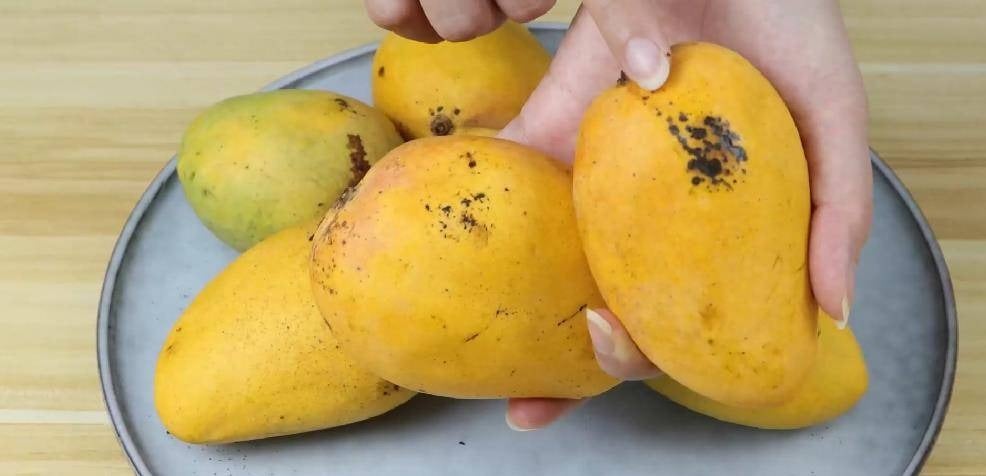
2. Look at the stem of the fruit
The mango stem reflects the freshness of the fruit quite accurately. A freshly picked mango will still have a fresh, green stem, and may still ooze a little sap. On the contrary, if the stem has dried up or fallen off, it is likely that the mango was picked a long time ago and no longer retains its original deliciousness and sweetness.
If you come across fruits with no stems or black stems, you should consider carefully before buying.

3. Choose a long, slender mango shape
Generally, mangoes come in two common shapes: plump and elongated. Elongated fruits usually have small seeds, thin skin, more flesh, and higher sugar content. These fruits are usually sweet and have less fiber.
On the contrary, round and plump mangoes often have larger seeds, less flesh, and sometimes taste bland or fibrous. Therefore, if you want to buy sweet, fleshy mangoes, prioritize long, slender ones.
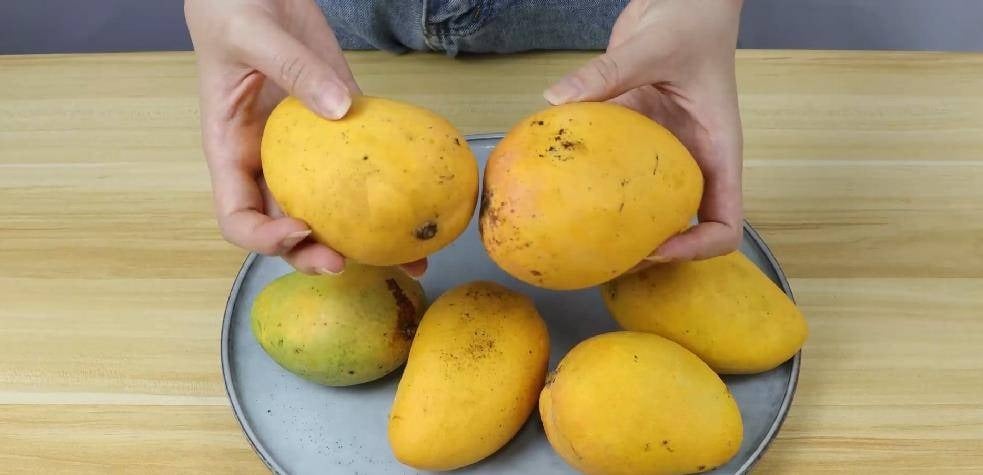
4. Smell the scent
Naturally ripened mangoes will have a mild, pleasant aroma right from the outside of the skin. You just need to bring it close to your nose, if you smell a clear sweet aroma, it is a tree-ripened mango. These fruits are often very flavorful and naturally sweet when eaten.
On the contrary, mangoes that are ripened by force or chemically treated will have less aroma, and may even have a slightly pungent or strange smell. If you detect a strange smell, you should ignore it to avoid buying chemically treated mangoes.
5. Squeeze gently with your hands
A ripe mango will have a moderate softness when gently squeezed, not rock hard nor too soft. If the mango is still hard, it will taste sour or unctuous when eaten. If it feels soft or has a dent when squeezed, the mango is either overripe or spoiled inside.
Ideally, choose mangoes that are slightly soft, firm to the touch, not watery and have no strange smell.
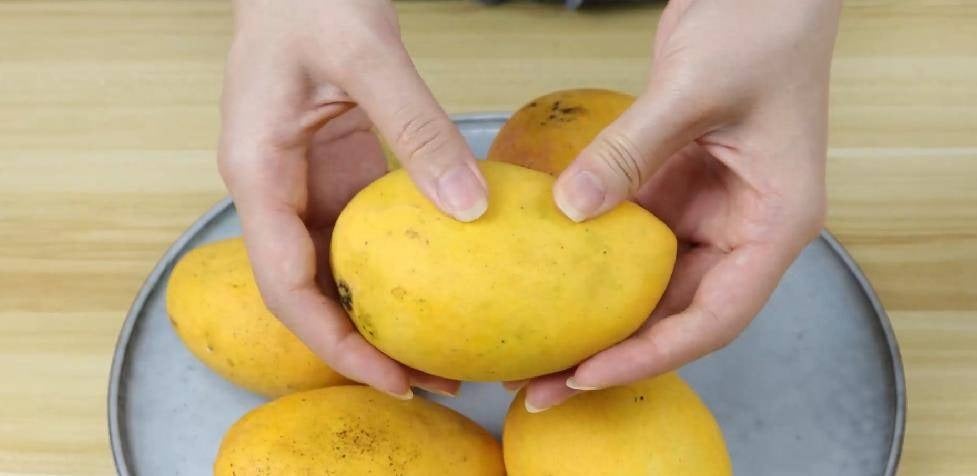
The 5 tips for choosing mangoes above are all practical experiences that gardeners apply every day. If you are wondering which fruit to choose among dozens of mango varieties, try applying these tips. Just choose correctly once, you will see that eating mangoes in season with the right taste is also a wonderful experience.
Source: https://giadinh.suckhoedoisong.vn/mua-xoai-cu-dung-5-meo-nay-bach-phat-bach-trung-qua-nao-cung-ngot-nhu-mia-lui-172250626161602506.htm








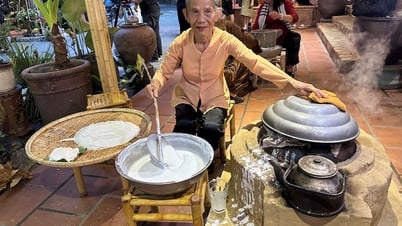


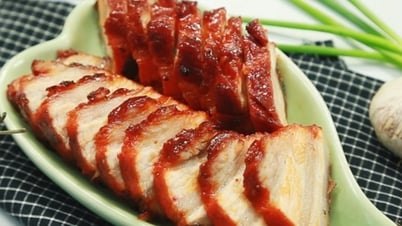
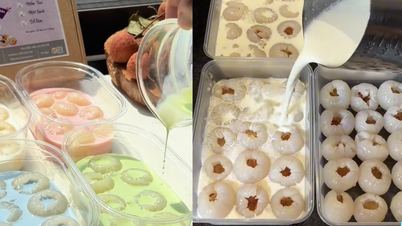












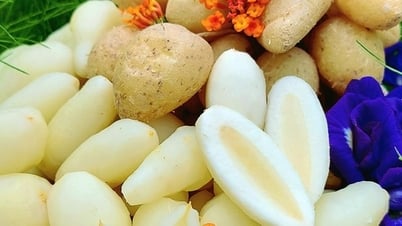













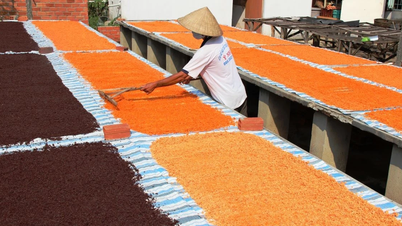


























































Comment (0)